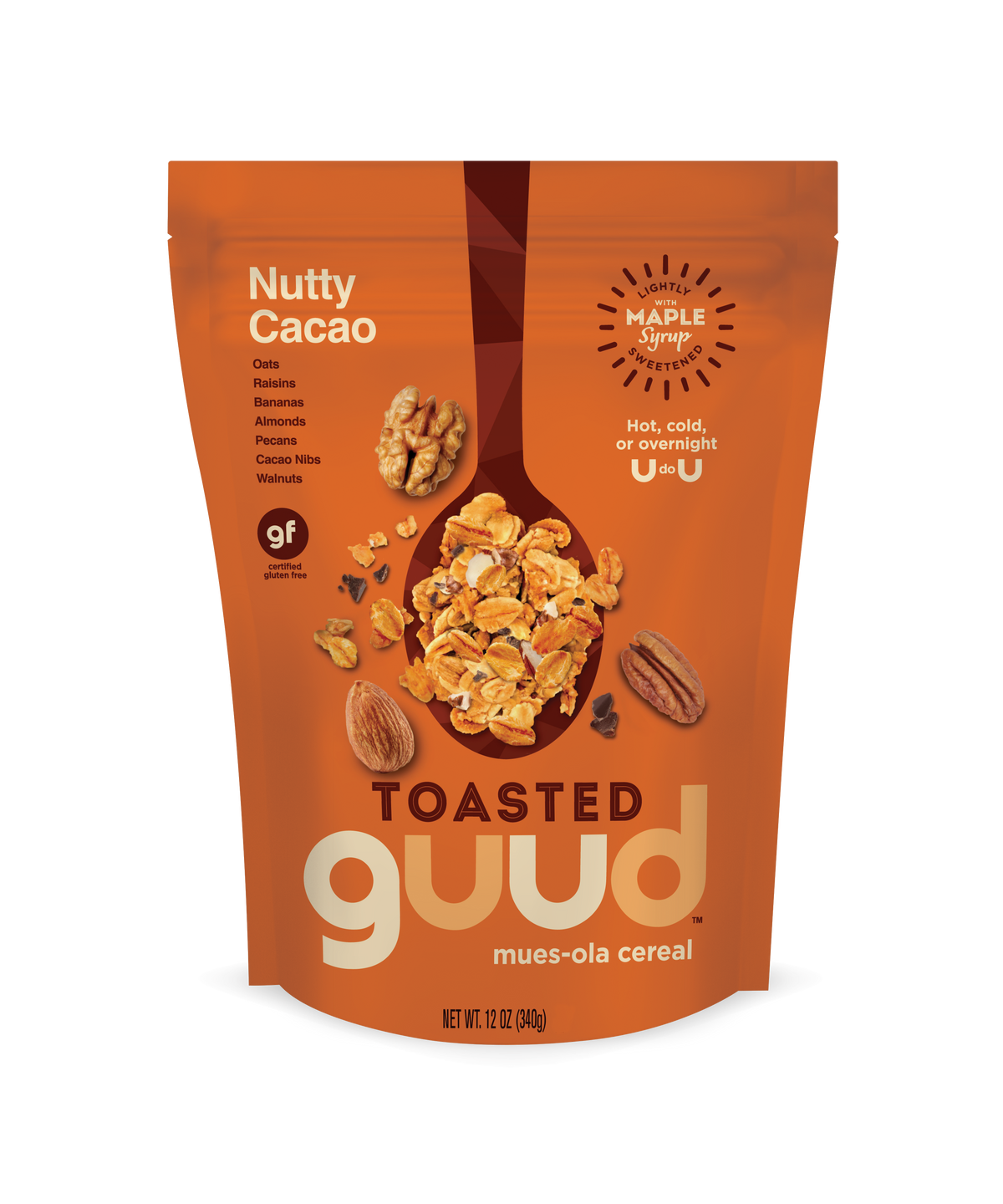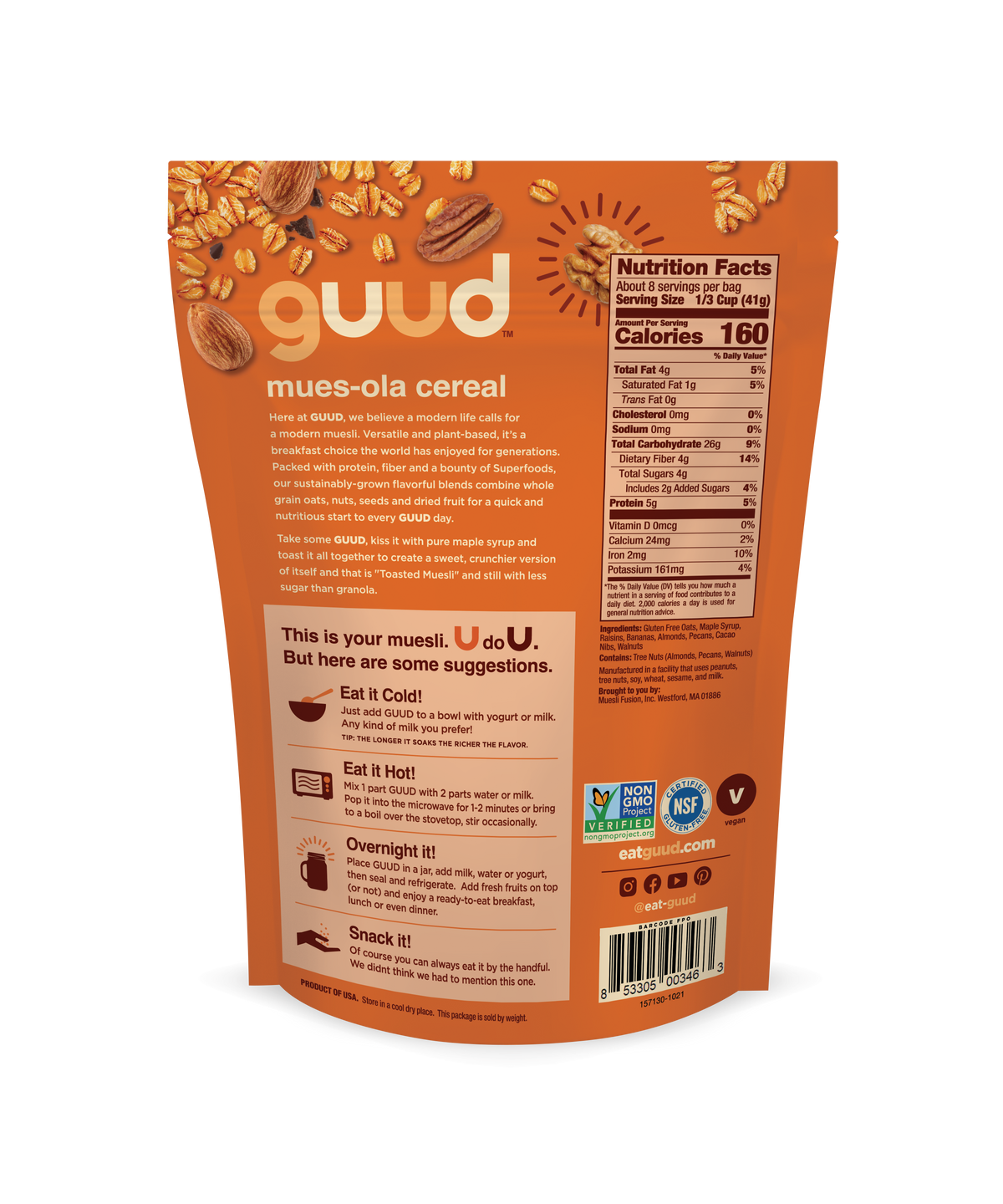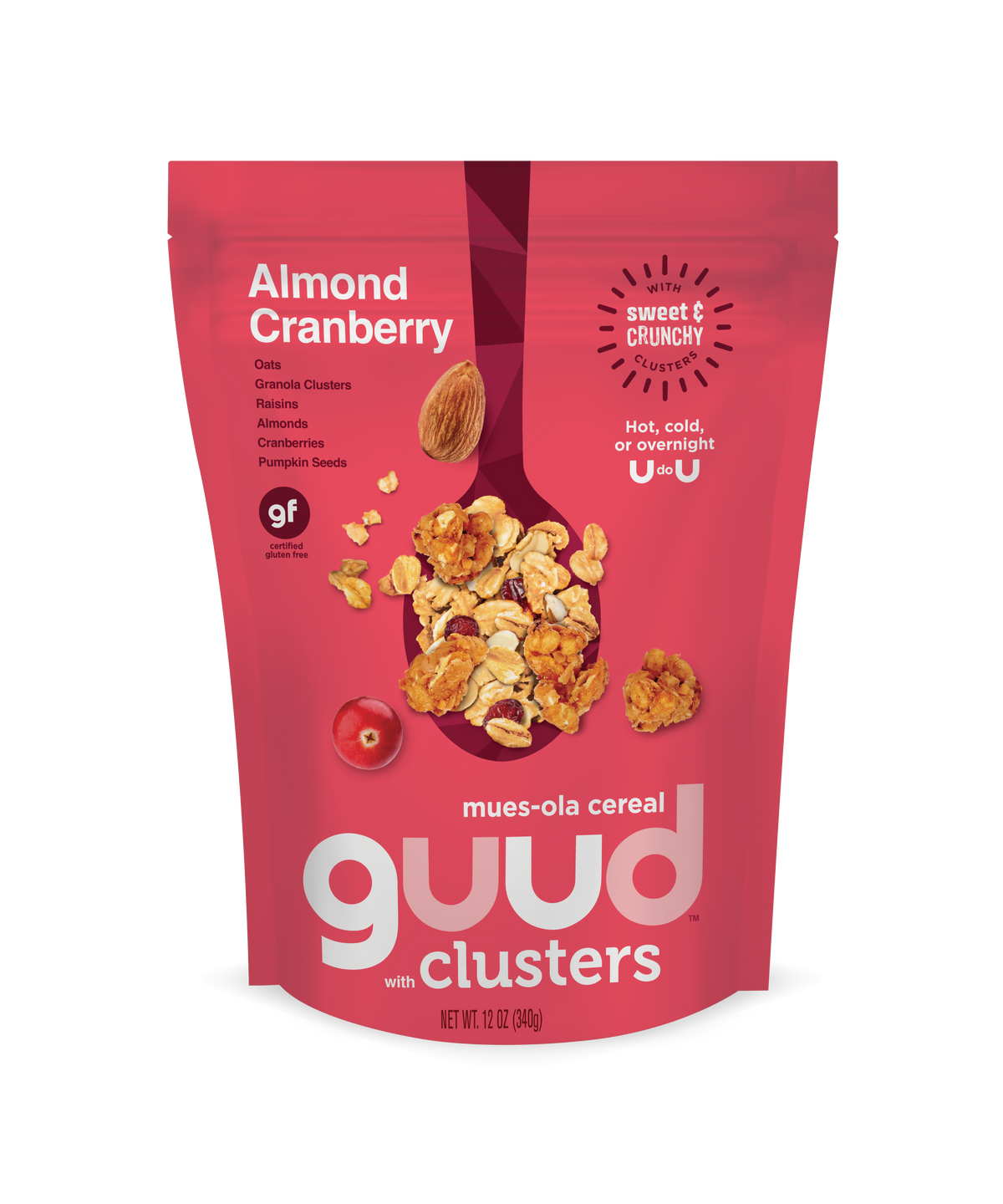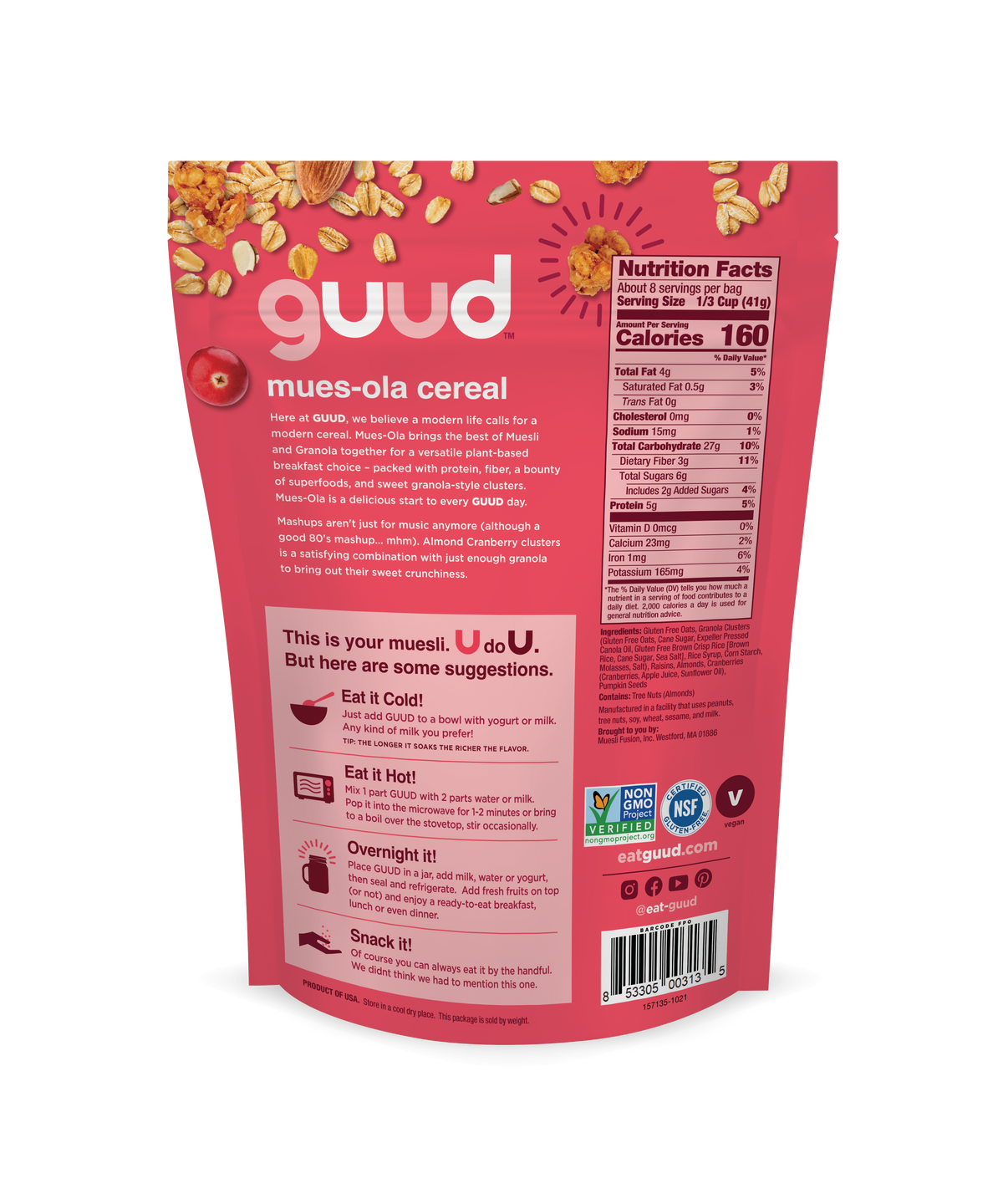You've likely heard the saying before, "Breakfast is the most important meal of the day." While there's a lot of truth to this statement, not all breakfasts—or first meals of the day, for that matter—are created equal.
No matter what time you typically eat after waking up, your first meal breaks the overnight fasting period and where the term breakfast comes from. Eating a nutritious, balanced breakfast can be one of the best ways to kick off your day with energy and focus; however, the key here is that your breakfast needs to be healthy and include the right types of foods and nutrients.
Below, we'll look at the most essential nutrients (both macro and micro) to emphasize in your first meal of the day, whether that's an early breakfast, or later if you incorporate practices such as intermittent fasting into your routine (whenever you “break” your fast).
Why Your First Meal of the Day is So Important
Here are seven key reasons why a healthy meal is an essential start to your day:
1. Provides Energy: Your first meal replenishes your body's glucose levels after an overnight fast. Glucose is your body's primary energy source and is needed for alertness, muscle strength, lifting your mood, and cognitive functions such as focus.
2. Can Help Prevent Overeating: When you focus on eating balanced meals, you feel fuller, which can help curb your hunger and prevent overeating later in the day. On the other hand, eating mostly "empty calories," or some people skipping breakfast together, may lead to feeling ravenous, having less control over portions, and overeating at subsequent meals.
3. May Prevent Weight Gain/Obesity: According to some studies, this explains why regular breakfast consumption of healthy foods has been associated with lower body weight and reduced risk for obesity. Eating a balanced breakfast can help you maintain or lose weight as part of a calorie-appropriate diet and regular exercise routine.
4. Boosts Your Nutrient Intake: Breakfast is a great opportunity to consume essential nutrients such as vitamins, minerals, and fiber. In fact, healthy breakfast eaters have been shown to acquire more essential nutrients compared to breakfast skippers. Many breakfast foods, like whole grains such as oats and fruits like berries, are high in nutrients including vitamin C, manganese, magnesium, and phosphorus. Skipping breakfast may make it harder to meet the recommended daily intake of some nutrients, although it's still possible to eat well when practicing intermittent fasting.
5. Supports Your Metabolism: Eating a nutritious meal in the morning or early afternoon kickstarts your metabolism by signaling to your gut and brain that enough calories and nutrients are available. This supports a normal metabolic rate and can help you burn calories throughout the day.
6. Can Help Focus and Decision-Making: Studies have shown that eating breakfast can improve cognitive functions such as memory and concentration levels. It may also decrease stress and improve mood. A nutrient-rich meal before a workout, school, or work day can help give you the energy you need to get things done and concentrate.
7. Helps with Blood Sugar Control: When your earliest meal includes fiber, protein, and healthy fats, this helps regulate your blood sugar levels, which is particularly important for individuals with diabetes or insulin resistance. These nutrients allow glucose to be absorbed slowly, helping to give you lasting energy.
Tips for Creating a Healthy Breakfast
Your first meal of the day should be "balanced," meaning it provides a mix of protein, complex carbohydrates, fiber, and a small amount of healthy fats to keep you feeling full until your next meal.
Here are some nutritional goals for the first meal of the day, plus tips for achieving them:
- Adequate Calories (Energy): Ensure that your breakfast provides an appropriate amount of calories to start your day. As a guideline, breakfast should make up about 20-25% of your daily caloric intake.
- Protein: Include a source of protein to help regulate blood sugar and keep you feeling full. Good choices can be whole grain muesli, eggs, Greek yogurt, cottage cheese, nuts, seeds, or protein powders in a smoothie. Aim for 15-30 grams of protein at breakfast, which will be covered by a meal such as ½ cup of muesli mixed with ½ up Greek yogurt and berries.
- Complex Carbohydrates: Choose complex carbs, such as whole grains, nuts, and seeds, over simple sugars for sustained energy. Foods with lots of fiber are the best sources of carbs to opt for.
- Fiber: A high-fiber breakfast can aid in digestion and keep you feeling full. Good sources of fiber include whole grains, nuts, seeds, fruits, and vegetables. Aim for 5-10 grams of fiber at breakfast and about 30 grams in total per day.

- Healthy Fats: Include a source of healthy fats in your earliest meal, such as avocado, nuts and seeds like flax or chia, or nut butter. These can help keep you satiated and are important for absorbing certain fat-soluble vitamins.
- Vitamins and Minerals: Ensure your breakfast contains a variety of vitamins and minerals. This can be achieved by including whole foods from various food groups, such as fresh or dried fruits, vegetables, whole grains, and protein.
- Hydration: Your body loses water overnight when you urinate and don't drink anything. Begin the day with a glass of water or hydrating foods like a smoothie or piece of fruit.
Does it matter when you first eat after waking up?
The timing of your first meal can vary based on your personal schedule, lifestyle, and health needs. However, a common suggestion is to have your first meal within several hours of waking up. This helps replenish your body's glycogen stores that have been depleted during the overnight fast and provides the energy needed to start your day, especially if you exercise in the morning or get right into work tasks.
That said, if you're not hungry first thing in the morning, waiting a bit before eating is okay. Some people may prefer to follow an intermittent fasting protocol, which often involves skipping breakfast and having the first meal at noon or later. If this works for you, simply be sure to make your lunch as nutritious as possible.
Which Foods Should You Avoid Early in the Day?
Foods high in added sugar, refined carbohydrates, too much salt, or trans and saturated fats have no place in a healthy breakfast. These foods tend to be high in calories but lacking essential nutrients, plus they can contribute to health problems like overeating, obesity, high blood pressure, and a higher risk for heart disease or diabetes.
Remember, your body craves nutrients in the morning, especially protein, healthy fats, vitamins, and minerals. Here's what to avoid eating in the morning to feel your best:
- Added Sugars: Try to limit the amount of added sugars in your breakfast. Many breakfast foods like cereals, granola, bottled smoothies, and pastries tend to be high in added sugar.
- Refined Carbs: Baked goods like muffins, bagels, pancakes, waffles, and rolls do little to give you lasting energy or make you feel satiated.
- Unhealthy Meats and Fats: Skip processed meats and cheeses, like sausages and fast food breakfast sandwiches, in order to limit your intake of saturated fats and other additives.
In Conclusion:
Eating a balanced breakfast (or lunch) can kickstart your metabolism and may help control hunger throughout the day, reducing the likelihood of overeating at later meals.

Remember, it's not only important when you eat your first meal, but also what you eat. A healthy breakfast should include a mix of nutrients—especially proteins, healthy fats, and fiber from whole food sources.
Need some ideas for your first meal of the day? Try these:









